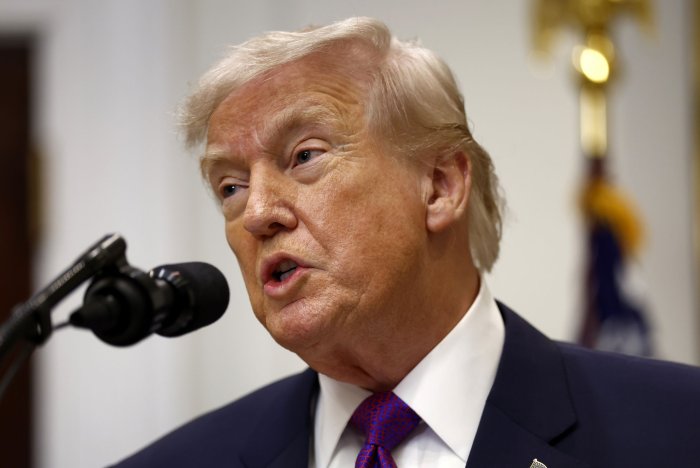Ring ends partnership with Flock Safety amid surveillance concerns
Feb. 13 (UPI) — Amazon-owned Ring announced it is ending its partnership with Flock Safety, a company whose artificial intelligence-powered technology came into question after a Ring Super Bowl ad touting new surveillance features.
In a blog post published Thursday, Ring said the two companies “made the joint decision to cancel the planned integration” they initially announced in October.
“Following a comprehensive review, we determined the planned Flock Safety integration would require significantly more time and resources than anticipated,” the Ring post read.
Ring’s surveillance camera capabilities came under fire Sunday after the company aired a 30-second commercial highlighting its new Search Party feature.
The feature allows users to upload images of their missing pets to the Ring Neighbors app, which would then use AI to trawl footage in the cloud to find the missing pet. If a missing pet is spotted in the footage, the information would be sent to the owner of the camera that picked up the footage and give them the option to notify the missing pet’s owners.
Ring said the Search Party feature is automatically enabled on all outdoor cameras enrolled in a Ring subscription. But critics questioned whether the AI technology could be combined with Ring’s new facial recognition technology, Familiar Faces, and provide law enforcement surveillance on humans.
Of additional concern, Flock Safety’s technology allows customers to grant local and federal government agencies access to the data picked up by the cameras. Among the organizations that could have access to this data are Immigration and Customs Enforcement, the Secret Service and the Navy.
Sen. Ron Wyden, D-Ore., and Rep. Raja Krishnamoorthi, D-Ill., in November called on the Federal Trade Commission to investigate Flock Security for allowing government access to the data without “meaningful privacy protections.”
“At the urging of concerned constituents, I conducted further oversight and have determined that Flock cannot live up to its commitment to protect the privacy and security of Oregonians,” Wyden wrote in a letter to the FTC. “Abuse of Flock cameras is inevitable, and Flock has made it clear it takes no responsibility to prevent or detect that.”
Sen. Ed Markey, D-Ma., who has previously criticized Ring’s connections to law enforcement, posted his thoughts on the Super Bowl ad on X.
“This definitely isn’t about dogs — it’s about mass surveillance,” he wrote.
Emma Daniels, a spokeswoman for Ring, told The Verge, that the Search Party feature works only with dogs and is “not capable of processing human biometrics.”
“These are not tools for mass surveillance,” she added. “We build the right guardrails, and we’re super transparent about them.”
In a January blog post, Flock Safety maintained that it doesn’t work directly with ICE or other agencies within the Department of Homeland Security. The company said every piece of data collected by its technology is owned by the customers.
“Decisions about whether, when, and how data is shared are made by the customer that owns the data, not by Flock,” the post read. “There is no hidden back-door access in Flock technology.
“If a local agency chooses not to collaborate with any federal entity, including ICE, Flock has no ability to override that decision.”

